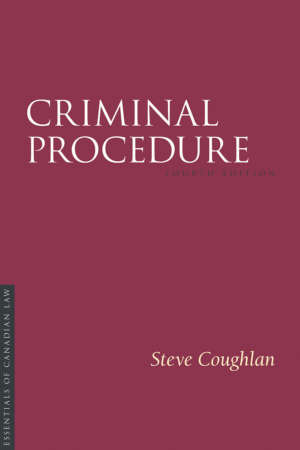Bail
4 definitions found for this term.
Definitions are presented in the order source books were published (most recent first).
The name in common usage for the process by which a justice can release a person who has been accused of an offence until the trial is held. Bail can be granted either unconditionally or on various conditions. It is properly referred to as “judicial interim release.”
Under Canadian law, with a few exceptions (such as murder), there is a presumption that an accused should be given some form of pretrial release unless it can be established that her detention until trial is necessary. There are various forms of release available. “Bail” refers to the form of release in which an amount of contingent debt is pledged by the accused as a condition of release pending trial (her “own bail”), or by her “surety” (a “surety bail”) or, in some limited circumstances, the accused must make a cash deposit (“cash bail”). In the vast majority of situations, however, bail refers to the first two situations, in which a legally binding pledge is made to pay the Crown a sum of money (the bail amount) only if and when the terms of the release are violated. In a surety bail, the surety makes the pledge and owes the Crown the bail amount in the event that the accused does not comply with the court’s terms of release.
-
Trauma, Trials, and Transformation
Guiding sexual assault victims through the legal system and beyond
$29.95 – $47.92
Monetary or other security put up by the accused or on his behalf to ensure that the accused appears at trial.



